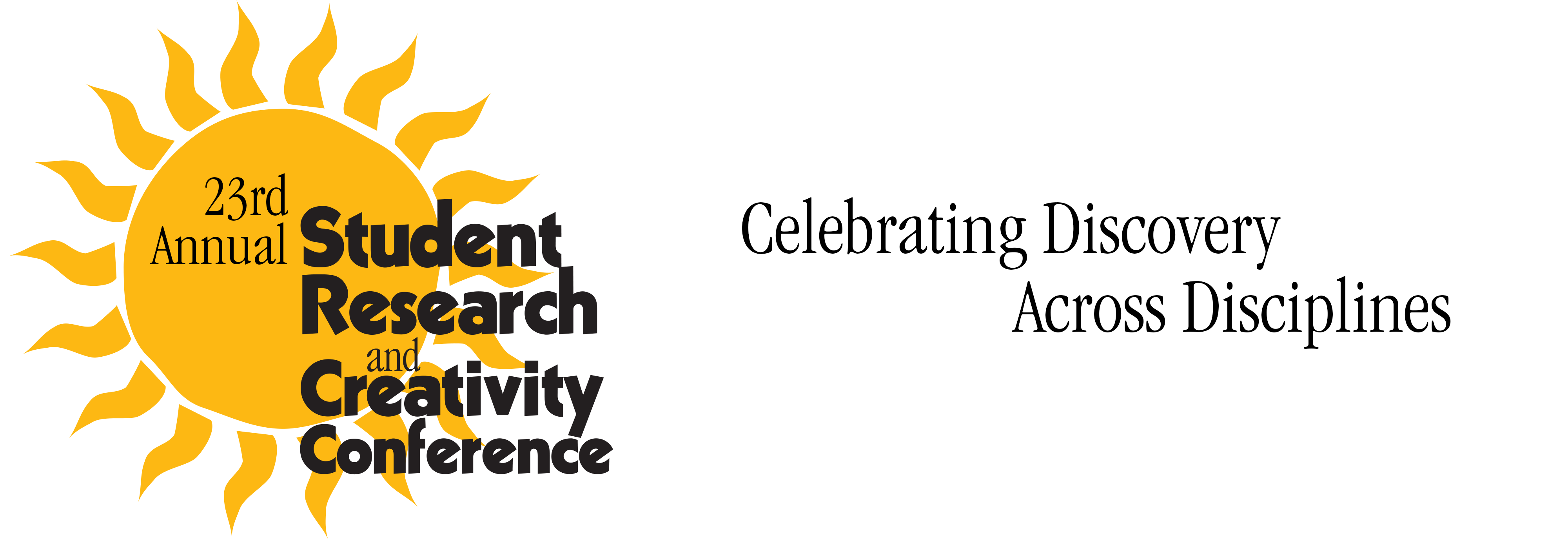Files
Download Full Text (582 KB)
Description
Victoria Sample, HON400: All College Honors Colloquium
Faculty Mentor(s): Professor Clairissa Breen, Criminal Justice
Disaster: a word so solemn and severe, the only imagery it can invoke is that of total ruination- homes destroyed, livelihoods lost, those who were fortunate enough to survive either totally despondent or left shellshocked as they attempt to process on all levels what they just went through. Disaster can come in many forms, ranging from the natural to the manmade, all oftentimes producing the same outcome. In moments such as these, when there is a veritable avalanche of thoughts going through the minds of survivors, wondering as to whether or not they will also suffer the trauma of crime victimization typically is not in the mix. While it would be false to say that crime does not occur after a disaster, the real query here is just how much? Using pre-existing data and literature, this project seeks to examine the correlation between crime rates in disaster aftermath, whether there is a positive correlation (an increase), or a negative correlation (a decrease). Typically, the consensus has been that due to a marked increase in prosocial (altruistic) behavior after a disaster, antisocial (criminal) behavior decreases. While literature and data on this subject is still markedly limited, that observation has been predominantly supported by what is available, and thus that is also the overall finding of the project.
Publication Date
2021
Recommended Citation
Sample, Victoria, "Altruism or Anarchy: Crime in Disaster Aftermath" (2021). Psychology and Social Sciences. 32.
https://digitalcommons.buffalostate.edu/srcc-sp21-psychsocsci/32




